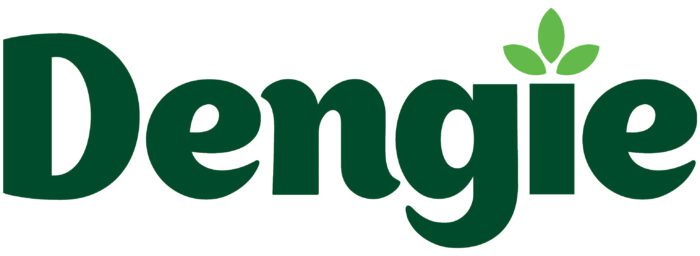Respiratory health is of great importance for all horses, especially for those who suffer from equine asthma. Appropriate feeding and management to support respiratory health is also key for the performance horse as they rely on their lungs to provide the oxygen that enables their muscles to function and energy metabolism to occur. If the lungs aren’t healthy, the supply of oxygen may simply not be as good as it could be, and performance could be compromised.
Our Horse Insurance experts have teamed up with Dengie, who have kindly written this blog to highlight the importance of your horse's respiratory health.
The importance of dust reduction
- Prioritise reducing dust exposure to support long-term respiratory health
- Invest in high-quality bedding and forage to minimise dust sources
- Plenty of turnout is beneficial but not always practical so ensure good airflow in stables, and muck out when the horse is not inside
Consider a wood chip pen for good doers or those prone to laminitis, a pen is better than a stable for air flow and as there is no grass it helps weight management. Provide supplementary forage if needed.
Choosing the Right Forage
Be mindful that sun-dried forages like hay can contain considerable levels of respirable particles that could be harmful to your horse's respiratory system, such as mould spores, bacteria, and microbial toxins. The amount of such particles in forage can vary based on moisture content, weather during conservation period and storage conditions.
Soaking or steaming hay is commonly recommended, especially for horses with respiratory concerns, to help reduce these particles and support lung function (Westerfield et al., 2024). Steaming hay primarily addresses hygiene, but soaking hay can also reduce WSC content to some extent depending on factors like duration of soaking and the water temperature.
If soaking or steaming isn't an option on your yard, consider using wrapped forages like haylage or wrapped hay, which have a higher moisture content which helps to keep dust or respirable particle levels down. However keep in mind, wrapped forages tend to be more digestible, so they may not be the best choice for horses that gain weight easily. Utilising a forage analysis service to assess what you’ve got available can be helpful in these circumstances, and an equine nutritionist will be able to help you interpret the results and advise on the most suitable forage for your horse.
Which Dengie products?
Dengie Hi-Fi Senior is an example of a precision dried forage replacement feed. Don’t be put off by the name though, as Hi-Fi Senior isn’t just for old horses and can in fact make a valuable contribution to the performance horse’s ration. Hi-Fi Senior is a short chopped fibre containing precision dried grass and alfalfa which can be fed as a total forage replacer, weight for weight in place of hay if needed. It is perfect to feed in a bucket from the floor, rather than in a haynet, which may also provide further benefits as feeding from a lower level is thought to help aid clearance from the horse’s airways.
For horses needing additional calories to support condition or performance, Dengie Performance Fibre is the ideal choice. This is a blend of soft, highly digestible, precision dried fibres – grass and alfalfa - with a high oil level. A light molasses coating and added spearmint oil make this a perfect option for encouraging fussy feeders. Performance Fibre can be fed up to a level of 1kg per 100kg of bodyweight as a partial forage replacer for the competition horse.

About SEIB
SEIB have been arranging Horse Insurance for over 60 years. This experience allows us to tailor policies to suit your circumstances and ensure that you and your horses are covered should the worst happen. We also offer flexible Horsebox Insurance and Horse Trailer Insurance too.
